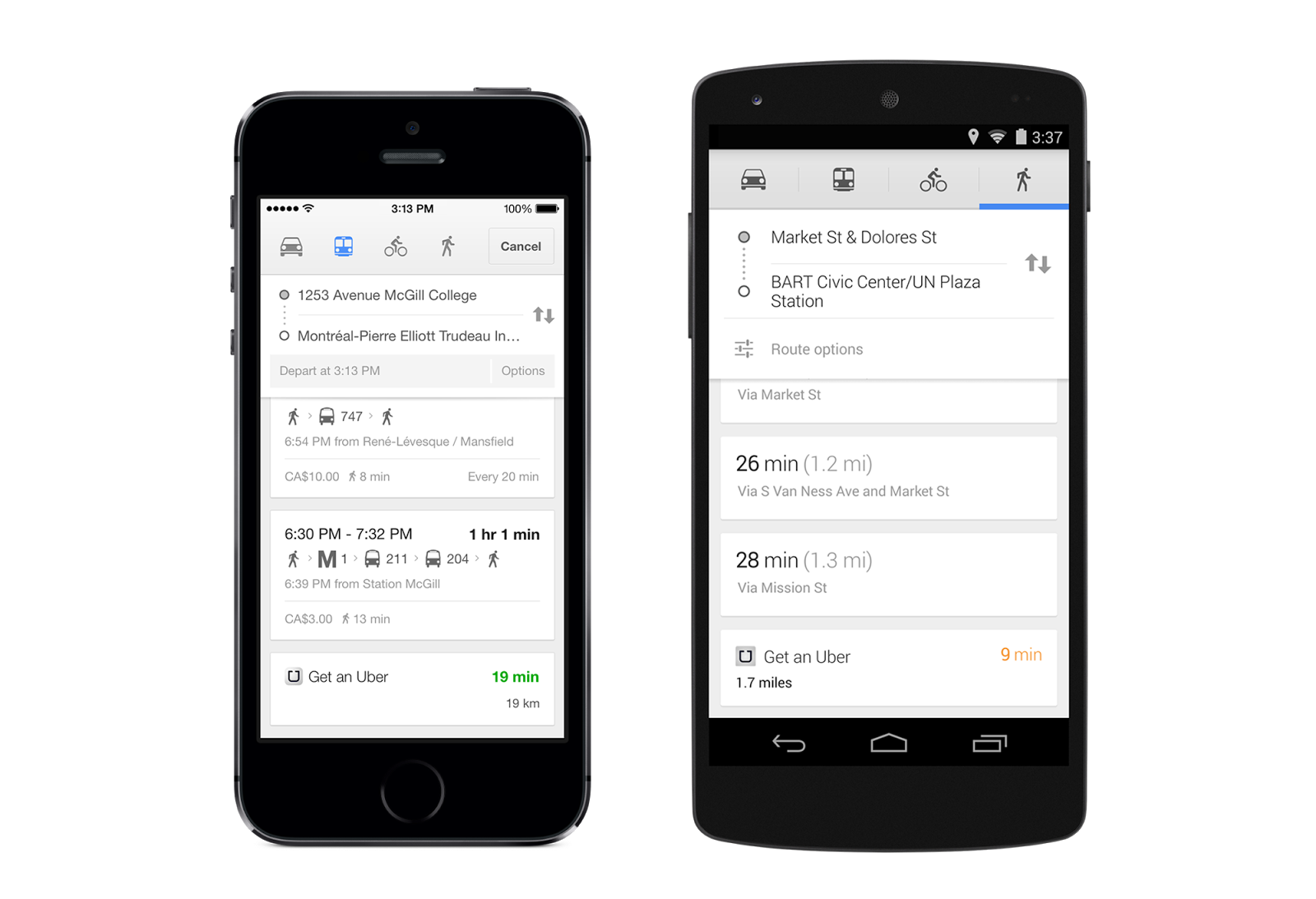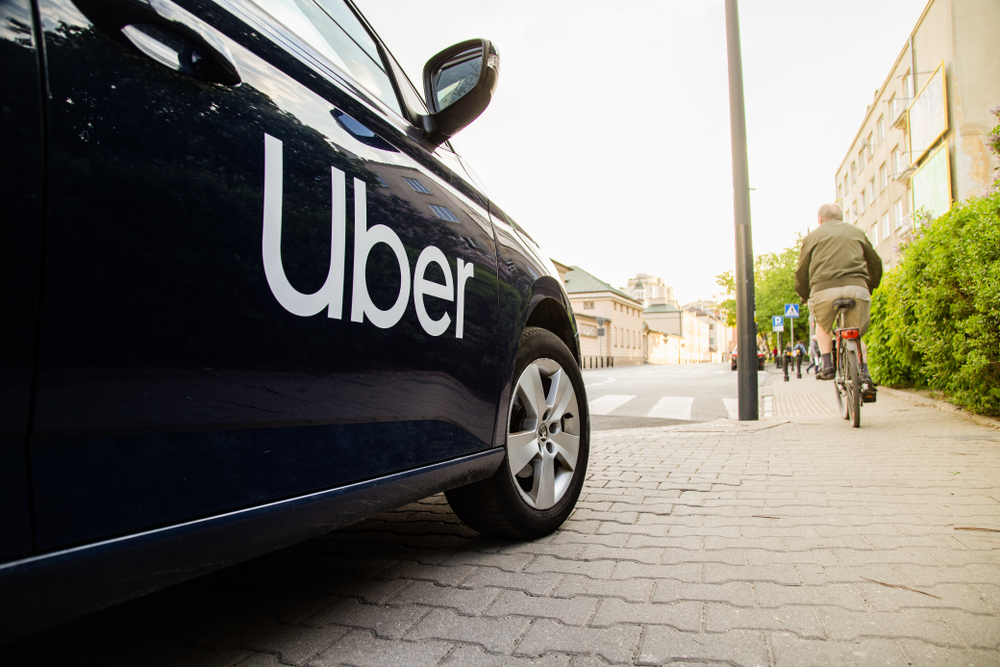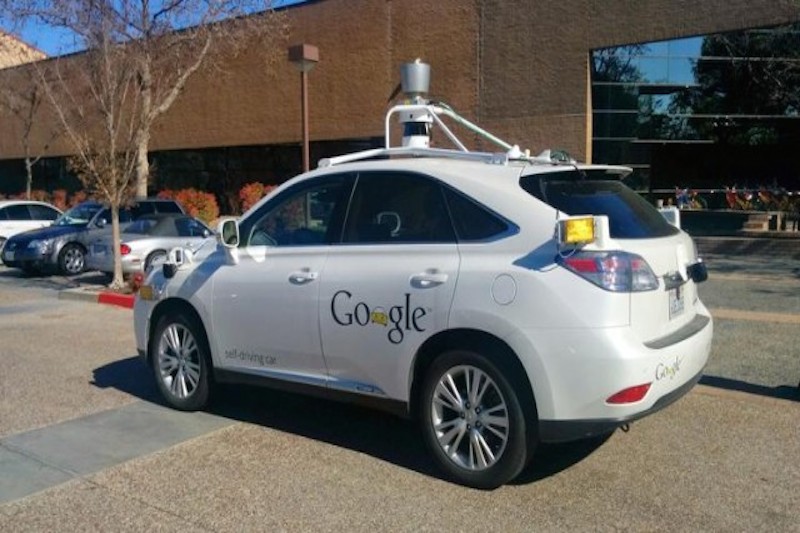Uber acquires mapping assets from Microsoft Bing
Uber has announced it will buy parts of Microsoft Bing's mapping technology, along with around 100 engineers


Uber has acquired 100 of Microsoft Bing's engineers along with other assets of the company's mapping technology, reports Reuters, as part of Microsoft's refocus away from some of its less lucrative online operations.
Many of the assets to be absorbed by Uber are related to image and data collection, with Uber hoping to improve its own maps as a result. Microsoft has also made a deal to sell its display advertising business to AOL.
In a statement, Microsoft said: "Today's news is evidence of Microsoft's increased focus on our strengths: in this case, search and search advertising and building great content and consumer services."
Financial terms of the Microsoft/Uber deal have not been disclosed, but it is thought that Uber will continue to use mapping services from Google, Apple and Baidu, as is currently the case.
In May, we reported that Uber was bidding to buy Nokia's Here mapping technology for $3 billion, amidst speculation that Uber wished to have more ownership over their customers' data.
"Uber understands that owning the customer today is about owning consumer time and data on mobile devices," Forrester Research analyst Julie Ask told IT Pro.
"The Nokia Here technology is one of, if not the most sophisticated mapping solution. It was built by a company that understands mobile phones and how consumers use them."
Get the ITPro daily newsletter
Sign up today and you will receive a free copy of our Future Focus 2025 report - the leading guidance on AI, cybersecurity and other IT challenges as per 700+ senior executives
Previously, Uber has shown interest in developing self-driving vehicles with a research partnership between Carnegie Mellon University and the Uber Advanced Technologies Center.
The taxi app company, despite its success, has faced a constant battle with controversy. Earlier this year, for example, Uber's security policy came under fire once again after users had their Uber accounts hacked.
Caroline has been writing about technology for more than a decade, switching between consumer smart home news and reviews and in-depth B2B industry coverage. In addition to her work for IT Pro and Cloud Pro, she has contributed to a number of titles including Expert Reviews, TechRadar, The Week and many more. She is currently the smart home editor across Future Publishing's homes titles.
You can get in touch with Caroline via email at caroline.preece@futurenet.com.
-
 Why keeping track of AI assistants can be a tricky business
Why keeping track of AI assistants can be a tricky businessColumn Making the most of AI assistants means understanding what they can do – and what the workforce wants from them
By Stephen Pritchard
-
 Nvidia braces for a $5.5 billion hit as tariffs reach the semiconductor industry
Nvidia braces for a $5.5 billion hit as tariffs reach the semiconductor industryNews The chipmaker says its H20 chips need a special license as its share price plummets
By Bobby Hellard
-
 The scariest cyber security horror stories of 2022
The scariest cyber security horror stories of 2022In-depth Lapsus$ group, Log4Shell, new Microsoft Exchange vulnerabilities, and the Russia-Ukraine war dominated cyber security headlines in 2022
By Kate O'Flaherty
-
 Uber to offer electric vehicles to London customers
Uber to offer electric vehicles to London customersNews The ride-sharing platform won't charge customers extra for using Uber Green, but journeys need to start in 'Zone 1'
By Keumars Afifi-Sabet
-
 Driverless Cars: Uber car involved in fatal crash had software flaws
Driverless Cars: Uber car involved in fatal crash had software flawsNews However, US investigators still haven't determined the probable cause for the accident
By Bobby Hellard
-
 UberEats struggles to meet demand on launch day
UberEats struggles to meet demand on launch dayNews Users complain of late or cancelled deliveries on service's first day
By Aaron Lee
-
 Google, Ford, Uber and Lyft form driverless cars coalition
Google, Ford, Uber and Lyft form driverless cars coalitionNews Self- Driving Coalition for Safer Streets hopes to speed up delivery of cars on the road
By Clare Hopping
-
 Uber hails TfL’s move to scrap “bonkers” London cab proposals
Uber hails TfL’s move to scrap “bonkers” London cab proposalsNews TfL abandons plans to stop apps showing where the nearest taxi is
By Joe Curtis
-
 Uber ‘bids $3bn for Nokia mapping service’
Uber ‘bids $3bn for Nokia mapping service’News Forrester says taxi-hailing app would own customers' mobile data
By Joe Curtis